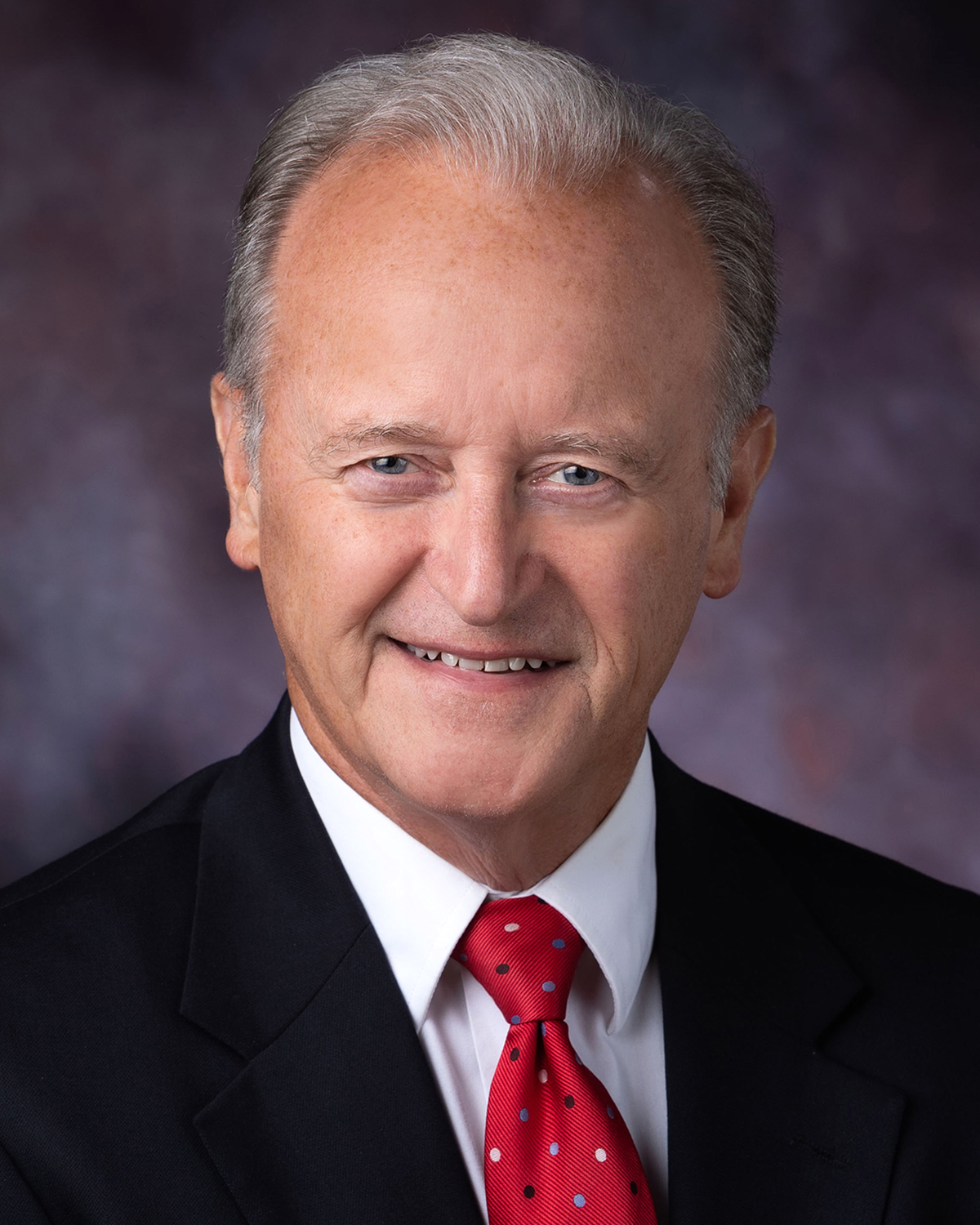Lauren Boebert, a prominent figure in American politics, has recently made headlines for her comments linking Detroit to Minnesota. This connection, while geographically inaccurate, has sparked discussions about regional knowledge and political discourse. Boebert's statements have not only raised eyebrows but also opened up avenues for deeper exploration into the complexities of political rhetoric and its implications.
In this article, we delve into Boebert's remarks and their context, examining how such statements can influence public perception and policy discussions. By exploring the Minnesota connection and the reactions it has garnered, we aim to provide insights that go beyond mere geographical corrections. Let us now uncover the nuances behind these statements and their broader significance in today's political landscape.
US House progressives are pushing to strip Rep. Lauren Boebert of her committee assignments after the Colorado Republican suggested Minnesota's Rep. Ilhan Omar. The debate surrounding Boebert's actions highlights the ongoing tensions within the political arena. Such moves reflect the increasing scrutiny on representatives' conduct and the impact of their words on legislative processes. As political figures continue to navigate complex issues, the consequences of their statements resonate deeply with constituents and colleagues alike.
Progressive Movements and Political Assignments
Boebert's suggestion regarding Minnesota's Rep. Ilhan Omar underscores the dynamic nature of political alliances and disagreements. Progressives in the US House argue that such statements undermine collaborative efforts and bipartisan cooperation. By challenging Boebert's committee roles, they seek to address concerns about accountability and representation. This move signifies a growing emphasis on ethical standards and the responsibilities inherent in holding public office.
The push to reevaluate committee assignments is part of a larger dialogue about power dynamics within legislative bodies. It raises questions about the criteria used to determine eligibility for such positions and the potential repercussions of personal beliefs influencing official duties. As debates intensify, the focus shifts towards fostering environments where diverse perspectives can coexist constructively.
This situation also serves as a reminder of the importance of diplomatic communication in politics. By addressing contentious issues through respectful discourse, representatives can work towards solutions that benefit all stakeholders. The response to Boebert's comments exemplifies the necessity of maintaining integrity and professionalism in political interactions.
Misunderstandings in Geographical Contexts
Lauren Boebert's assertion that Under Tim Walz, Detroit has the highest murder rate in Minnesota! highlights common misconceptions about geographical locations. Such errors not only reflect a lack of awareness but also emphasize the need for accurate information dissemination. Public figures carry the responsibility of ensuring their statements align with factual data, especially when discussing critical topics like crime rates and governance.
The confusion between Detroit and Minnesota stems from oversights that can occur in fast-paced discussions or media appearances. However, these mistakes can perpetuate misinformation if left unaddressed. It becomes crucial for leaders to verify facts before making claims, thereby promoting transparency and trust among their audiences. Education and awareness campaigns play pivotal roles in rectifying such inaccuracies.
Moreover, understanding regional differences contributes significantly to informed decision-making. By familiarizing themselves with distinct characteristics of various states and cities, policymakers can develop strategies tailored to specific needs. This approach ensures that policies are both effective and equitable, addressing challenges unique to each area.
Cultural Implications of Misinformation
Geographical misunderstandings extend beyond simple errors, impacting cultural perceptions and stereotypes. When individuals like Lauren Boebert confuse Detroit with Minnesota, it reinforces preconceived notions about certain regions. Such occurrences underscore the importance of fostering cultural competence and sensitivity in public discourse. Encouraging open dialogues about regional identities helps bridge gaps and promote mutual respect.
Laura Ingraham's similar mix-up regarding Milwaukee further illustrates the prevalence of such misconceptions. These instances serve as teachable moments, prompting reflection on how societal biases shape our understanding of different places. Addressing these biases requires concerted efforts from educators, media professionals, and community leaders to present balanced narratives.
Ultimately, combating misinformation demands collective action. By prioritizing accuracy and inclusivity in conversations, we can cultivate an environment where diverse voices are heard and valued. This commitment to truth and understanding strengthens social cohesion and enhances our ability to tackle shared challenges effectively.

